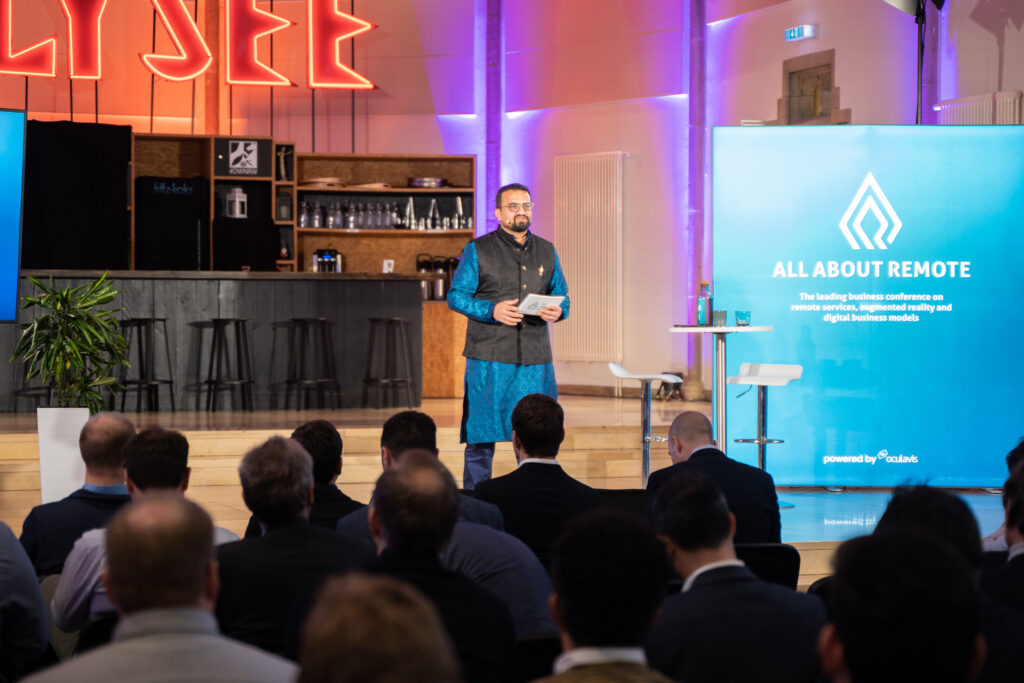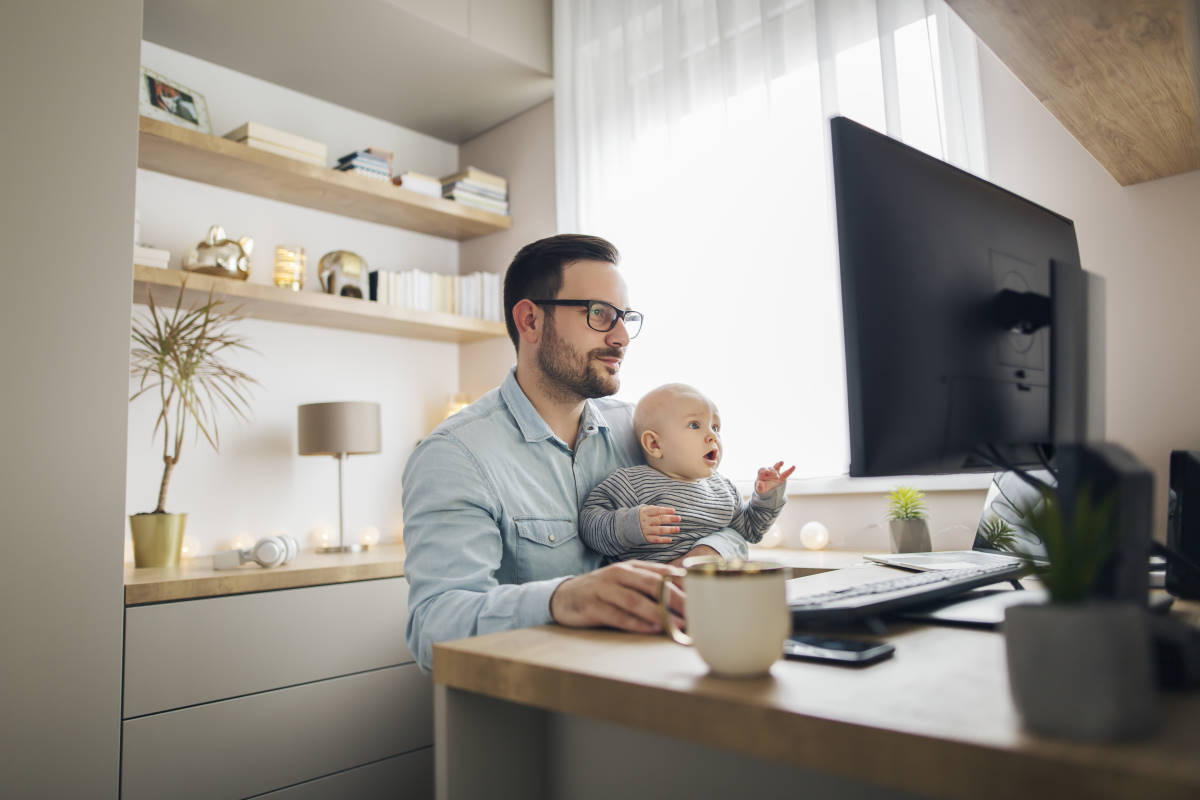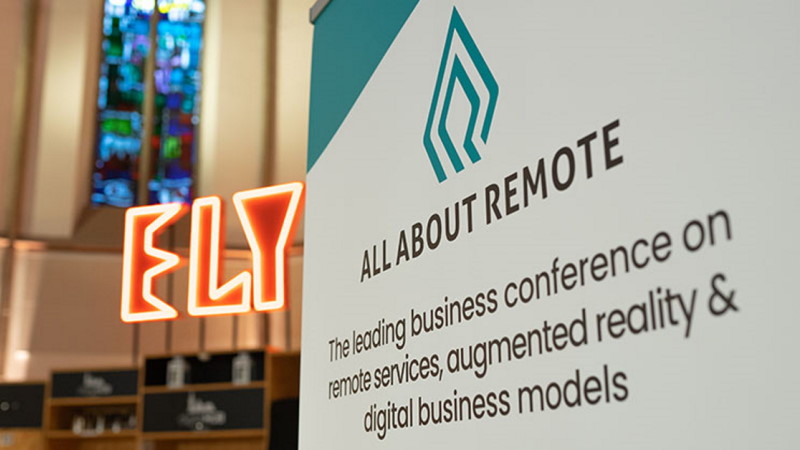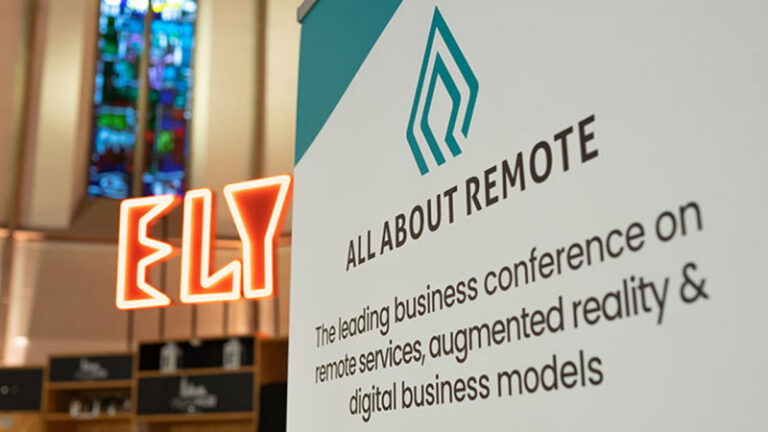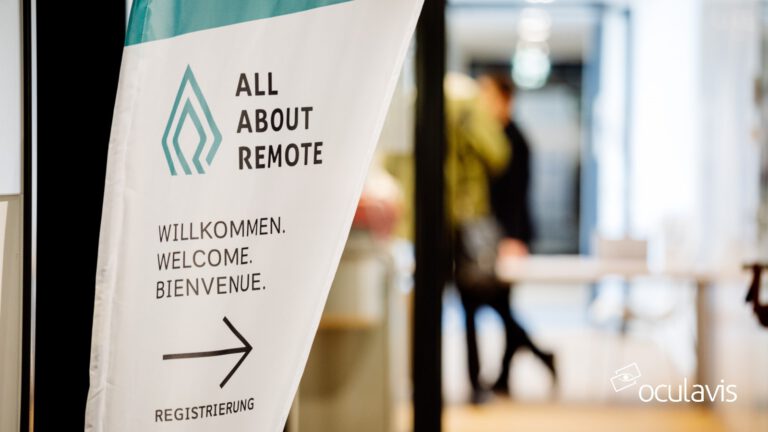Today, the pandemic is forcing many people to work in the home office. They are now experiencing how work at home is done. I myself have known this situation for perhaps 20 years. I liked it right from the start. But I do have my own spacious office under the roof, which is where I speak at online conferences today. Our adult children are now often in the home office themselves.
Managers worry that they can no longer see their employees at work, which they consider to be a form of control. In online meetings they cannot really be controlled and it is possible to make good use of meeting time in the home office: eBay, gaming, shopping, online banking, telling jokes in WhatsApp to colleagues when the boss starts getting boring. You can experience all this for yourself these days. I just want to forecast what the medium-term outcome will be. Offices are often empty, and large areas of factory farms are sparsely occupied. Managers are considering how they can control their employees. They complain: “I can’t see them anymore!” In addition, they are upset by the quiet in the half-empty open space. Before their rare start, cars indicate: “Battery charge low.” Employees (-couples) get stress in too small and too expensive city center apartments.
An example: I worked at the IBM Scientific Center in Heidelberg. 20 sqm individual office. Because the company wanted to save money and allowed home offices, more and more space became available in the eleven-story building in Mannheim. Heidelberg was given up as a location and I had to move to such a noisy area in 2003. At that time, IBM rented about five floors, then four, then three… When I left IBM in 2011, it was still about 1.5 floors, and in 2019, all employees were moved elsewhere. The IBM laboratory in Böblingen, which once had thousands of employees, is also closed. This whole transformation has dragged on for almost twenty years. What I want to say is that the office towers will be empty, not immediately today, not immediately tomorrow. It will drag on endlessly and joylessly. I have already seen headlines like “Ghost City London”. The vision of emptying skyscrapers is true, but it takes time! What will the cities look like then?
If you only have to go to the office once or twice a week, you can also live further out, the driving time remains the same (more km per trip with fewer trips). Will there be an escape from the city?
Managers need other control instruments when there is no on-site time recording. You switch to “Targets”. It is no longer traditionally measured how long you worked, but how many tasks you completed. This puts a lot of stress on the employees, because now everyone can see who has done how many actions or how much turnover. Employees who are less efficient could try to work overtime to get a lot done. But the top performers want to be rewarded, they go to the point of self-exploitation, which is almost normal in the consulting profession. Managers can now raise the targets “inhumanly” because they don’t have to look the employee in the eye; he is in the home office. When a company talks a lot about balance, well-being or wellness, it already softens and conceals the pain of exploitation.
The costs for office space are falling, the company is pocketing side profits.
Are the trade unions taking note of this early enough? Doesn’t the entrepreneur now have to pay part of the rent, say, half a room? With consulting firms there is no thank you. Now that home office is more common, will we protect our interests?
Since you don’t drive to work as often, the cars last longer. This will have an impact on the industry. For work in the future car office, it would be good to have self-driving cars available. Families could buy a car together. Companies can organize carpooling opportunities for their employees via app. [Commercial break: I am an investor in RideBee, see if you don’t like that and want to ask your HR manager to do the same. Of course you can still invest. RideBee shows who wants to go where with you, you take them with you, the detour kilometers etc. are recorded by the app, a monetary compensation is done e.g. through the salary.]
In the past, I have already demanded that intercity train lines and small airports should preferably be built on ” heaps” and that they should be run or flown to half-empty for a long time with high losses at the expense of the state. Then, over the years, new cities will be emerging … that naturally requires patience, which is increasingly being lost completely in Munich. Good living space needs good infrastructure, which will probably have to be built first. In China we laughed about ghost towns. We always laugh…and close the airports again when the guests are missing. But we have to wait years until the houses come. And they will certainly come, thanks to Home Office. You no longer need large industrial plants on site to have good jobs there.
Gunter Dueck (born 1951) lives as a writer, philosopher, business angel and speaker near Heidelberg. After a career as a professor of mathematics, he worked at IBM for almost 25 years, most recently as Chief Technology Officer when he went into retirement. He is known for humorous-satirical-critical-unvarnished speeches and books.
Image credits on this page: Laurin Schmid, Adobe Stock
